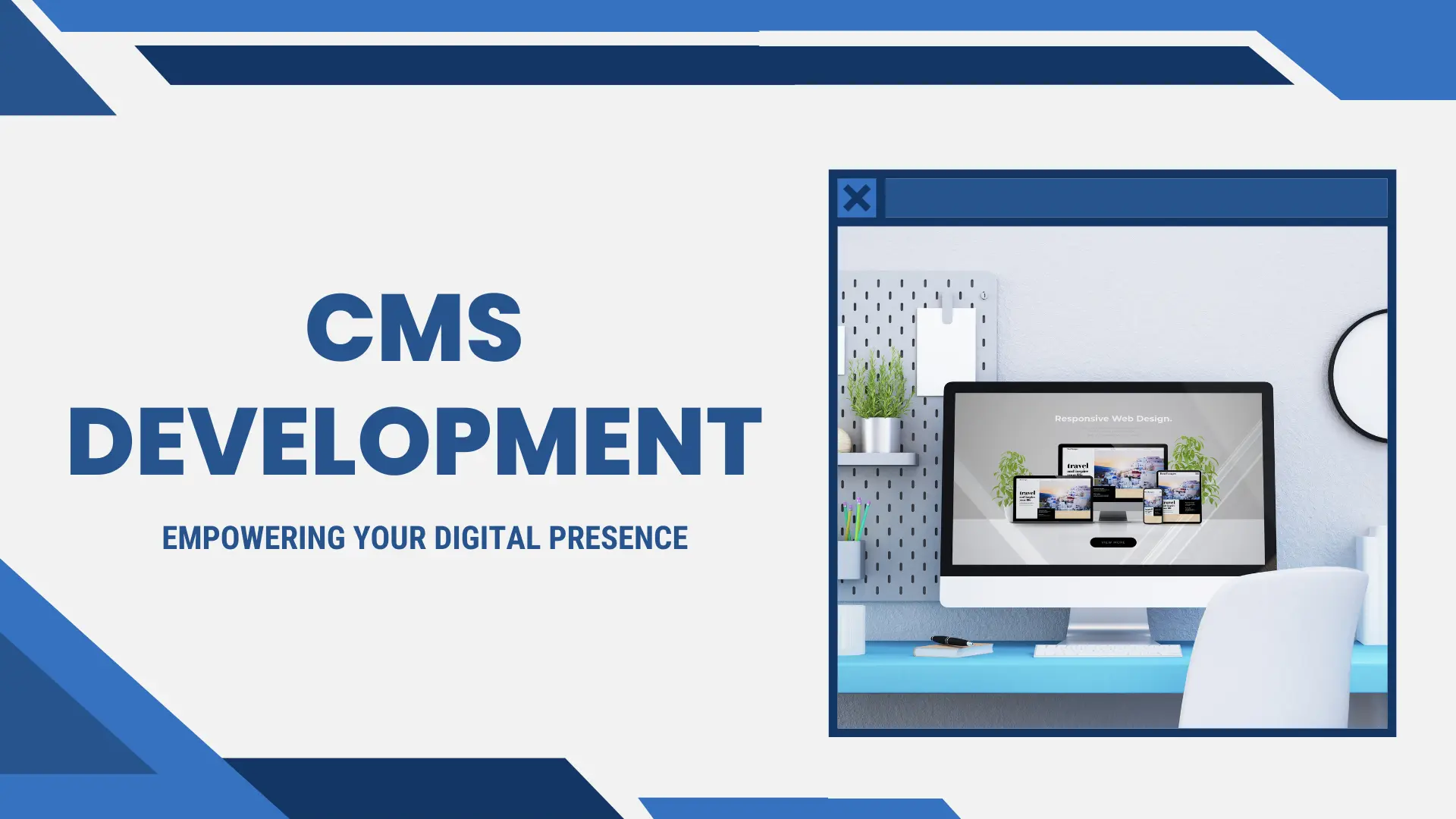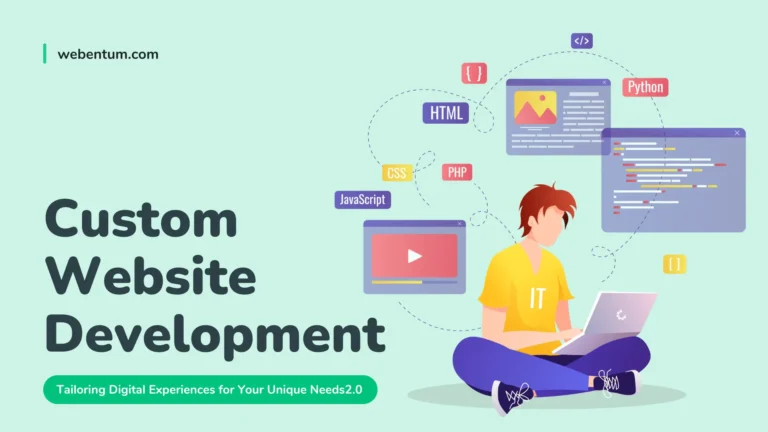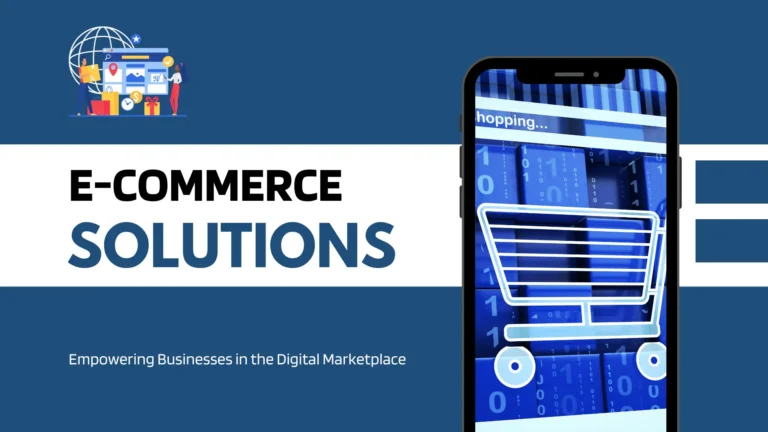
CMS Development: Empowering Your Digital Presence
In the dynamic world of digital content management, Content Management Systems (CMS) play a pivotal role in enabling businesses to effectively manage and publish content on their websites. A CMS provides a user-friendly interface that allows even non-technical users to create, edit, and organize digital content seamlessly. Let’s delve into what CMS development entails and how it can benefit your business.
What is a CMS?
A Content Management System (CMS) is a software application or platform that facilitates the creation, modification, and management of digital content. It provides a structured environment where content can be stored, edited, and published, typically through a web-based interface. Popular CMS platforms include WordPress, Drupal, Joomla, and many others, each offering unique features and capabilities tailored to different business needs.
Key Features of CMS Development
- User-Friendly Interface: CMS platforms are designed to be intuitive, allowing users with minimal technical knowledge to manage content easily.
- Content Creation and Editing: Users can create, edit, and format content using built-in text editors, media managers, and other tools without needing to write code.
- Content Organization: CMS systems provide options for categorizing and tagging content, making it easy to organize and structure information effectively.
- Customization: Most CMS platforms support plugins, themes, and extensions that extend functionality and allow for customization to meet specific business requirements.
- SEO-Friendly: CMS platforms often include features that help optimize content for search engines, such as customizable URLs, meta tags, and SEO plugins.
- User Management: Admins can manage user roles and permissions, controlling who can access and edit specific content or features within the CMS.
Benefits of Using a CMS
- Efficiency: Streamlines content management processes, reducing the time and effort required to update and publish content.
- Scalability: Easily scales as your business grows, handling increased content and traffic without significant infrastructure changes.
- Consistency: Ensures consistency in branding and content presentation across the website through predefined templates and styles.
- Security: Most CMS platforms offer robust security features and regular updates to protect against vulnerabilities and cyber threats.
- Collaboration: Facilitates collaboration among teams, allowing multiple users to work on content simultaneously with version control and workflow management.
CMS Development Process
- Requirement Gathering: Understanding client needs, content types, user roles, and desired functionalities.
- Platform Selection: Choosing the appropriate CMS platform based on client requirements, scalability, and budget considerations.
- Customization and Integration: Tailoring the CMS with custom themes, plugins, and integrations to enhance functionality and meet specific business goals.
- Testing and Quality Assurance: Rigorous testing to ensure the CMS performs reliably across different devices, browsers, and user scenarios.
- Deployment and Maintenance: Deploying the CMS on a web server, configuring settings, and providing ongoing maintenance and support to ensure optimal performance and security.
Conclusion
In conclusion, CMS development is instrumental in empowering businesses to manage their digital content efficiently, enhance user experience, and achieve their online objectives. Whether you’re looking to launch a new website, streamline content management processes, or improve SEO rankings, investing in a robust CMS solution can significantly elevate your digital presence and propel your business forward in the competitive digital landscape.





